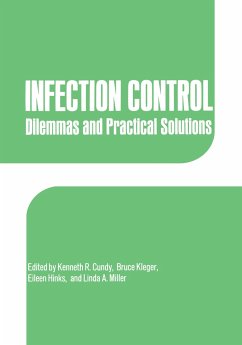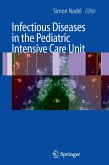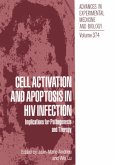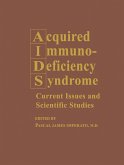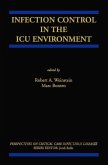When we were setting the theme of "infection control dilemmas and practical solutions" for this symposium, we asked ourselves a basic question: What are some of the most vexing problems and situations facing the hospital microbiologist epidemiologist team in today's world of opportunistic and new infectious diseases unheard of as common pathogenic occurrences 10 years ago? One of the areas which we immediately focused upon was the tremendous amount of time, energy, and financial resources that are presently being expended to satisfy the requirements mandated by the recognition of the danger of spread of blood-borne pathogens in the hospital environment. With the advent of Universal Precautions, primarily in response to HIV infection and the AIDS crisis, but certainly augmented by the increased incidence of hepatitis in its various forms, a significant effort has been required to meet the standards rec ommended and/or required by OSHA and the CDC. With this in mind we brought together experts in the field of infectious diseases to address the problems engendered by the threat of nosocomial spread of selected pathogens. Further, we devoted several sessions to discussing the investi gation and resolution of institutional outbreaks of disease, particularly with reference to methicillin-resistant Staphylo coccus aureus (MRSA). Special problems of dental offices and clinical teaching as well as extended care facilities were also selected for attention, particularly with relation to blood borne pathogens.

